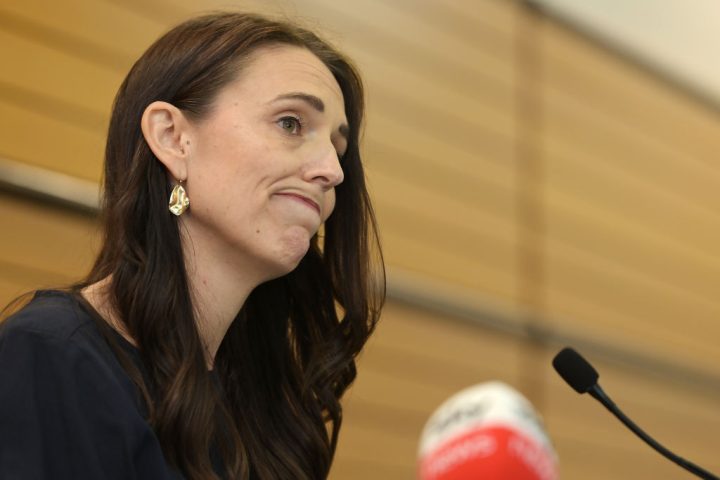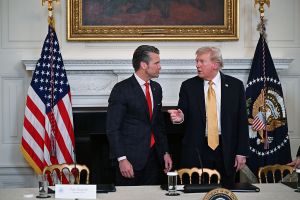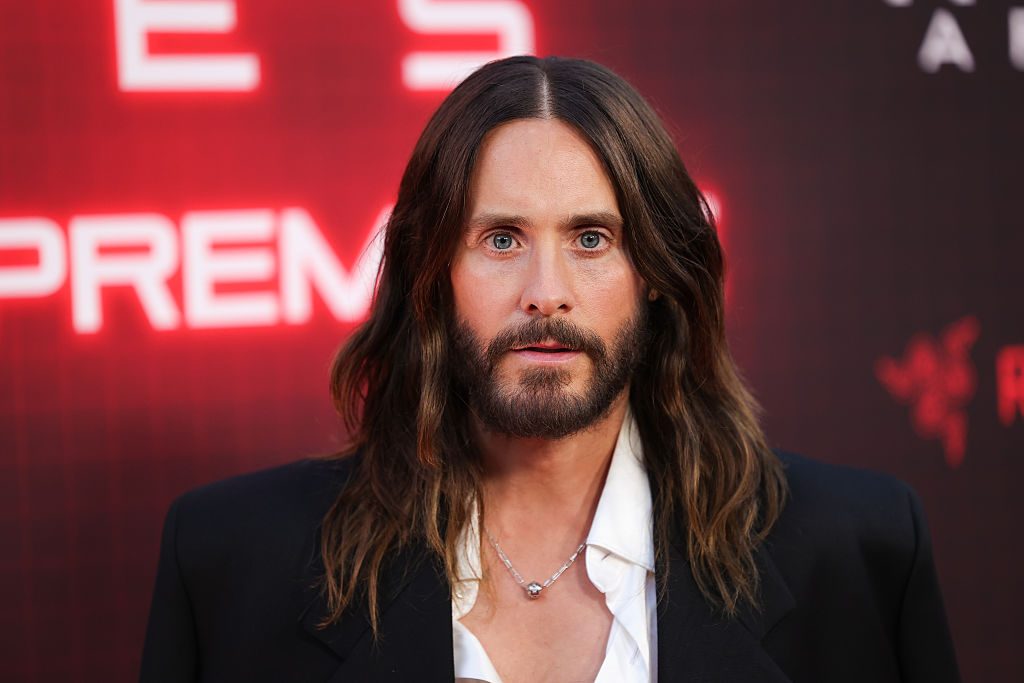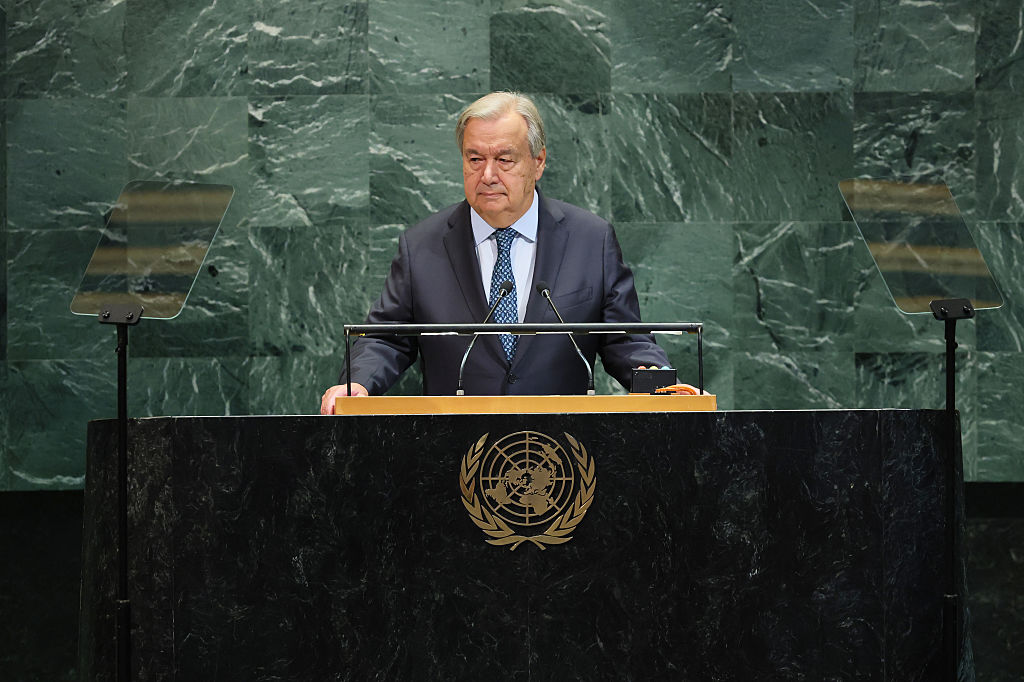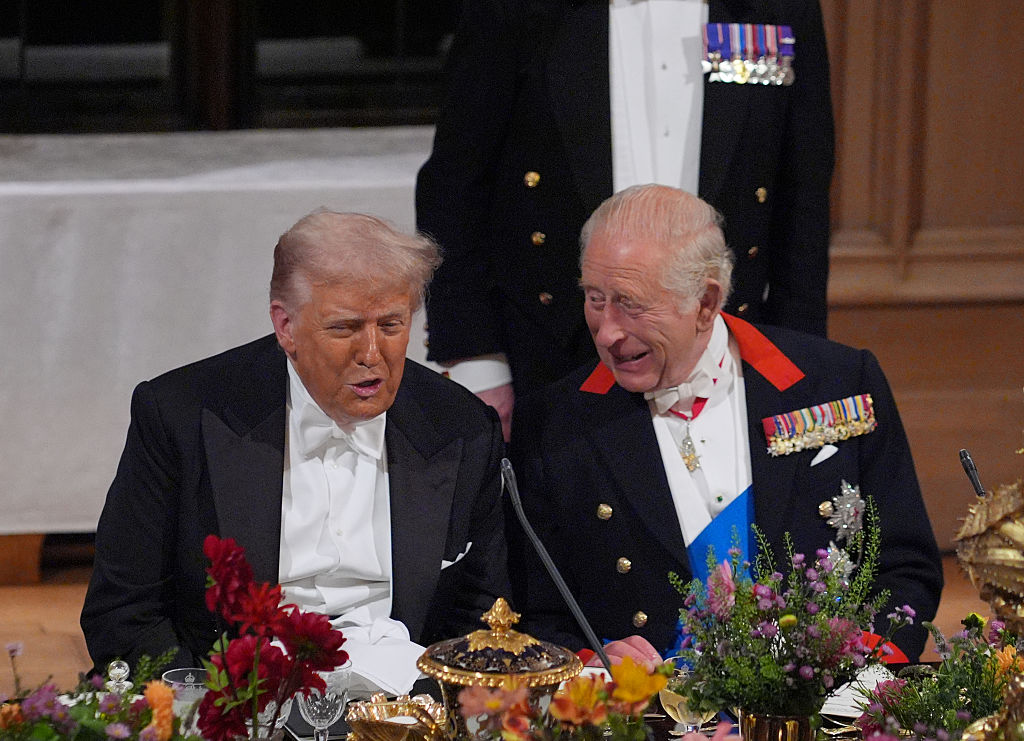During the five years Jacinda Ardern led New Zealand, much was made of her “transparent” style of touchy-feely leadership and willingness to deal with thorny questions. Yet on the biggest issue of her record – her zero Covid policies – the former prime minister has gone missing.
A planned week-long public hearing at an inquiry in New Zealand into the nation’s Covid response was abandoned last month, after Jacinda Ardern and other senior figures from her government unexpectedly refused to testify.
Ardern’s no-show came as a surprise to many, including the country’s prime minister, Christopher Luxon, who said his predecessor’s decision was “not right.”
Summarizing her decision not to speak publicly about her handling of the pandemic, the commission said Ardern and her former allies – her health minister, Ayesha Verrall, the minister in charge of the Covid response, Chris Hipkins, and her high-spending finance minister Grant Robertson – believed that the exercise would merely be “performative” rather than “informative.”
The erstwhile ministers had also been concerned that the livestreaming or publication of their evidence could become fodder for epic online trolling.
A spokesman for Ardern said she had already provided “extensive evidence, including a recent interview that lasted three hours” for the commission, which is currently in its second phase of evaluating the country’s response to Covid – homing in on the later period when much of the gloss came off the Ardern juggernaut.
A touch wearily, Hipkins, who has led Labour since Ardern stepped down in early 2023, said he had already spent years talking about the subject.
As Ardern’s minister in charge of the Covid response, Hipkins oversaw the implementation of a raft of policies that saw cities locked down for months at a time, all but the luckiest expatriate Kiwis denied entry back into their country and, most controversially, Ardern’s “no jab, no job” policy for public servants in education and health who refused the vaccines.
The last measure led to a month-long occupation outside parliament that ended with running street battles between police and hundreds of protesters.
In the wake of the chaos, the telegenic leader’s hitherto unassailable poll numbers began to crash, and within a year she decided to call it a political day – even as her reputation abroad remained as high as ever in social democratic circles.
Her latest decision to stay mum about the central event of her life seems awkwardly timed. With political life now behind her, Ardern has been promoting a bestselling new book about the “different” kind of leadership she brought to world politics.
Billed as an “inspiring story of how a Mormon girl plagued by self-doubt changed our assumptions of what a leader can be,” Ardern’s new work has also been criticized in Britain as a 350-page transcript of a less-than-enthralling therapy session.
Surprisingly little space is devoted in the book to lingering questions over her handling of the pandemic. The period is mainly recounted in the context of a factual retelling of landmark moments without much reflection on the kinds of pratfalls that almost certainly would have been raised at any public hearing in New Zealand.
It could be that she has simply moved on to brighter things. Since leaving politics, Ardern has nabbed a number of plum stateside academic roles, including dual fellowships at Harvard Kennedy School – the university’s school of public policy and government – and a recent commencement speech at Yale.
This year she became a visiting fellow at Oxford University’s Blavatnik School of Government, where she offers what the school describes as her insights into “leadership in times of crisis, commitment to public service, and deep understanding of governance.” Presumably not to be repeated beyond closed doors.



